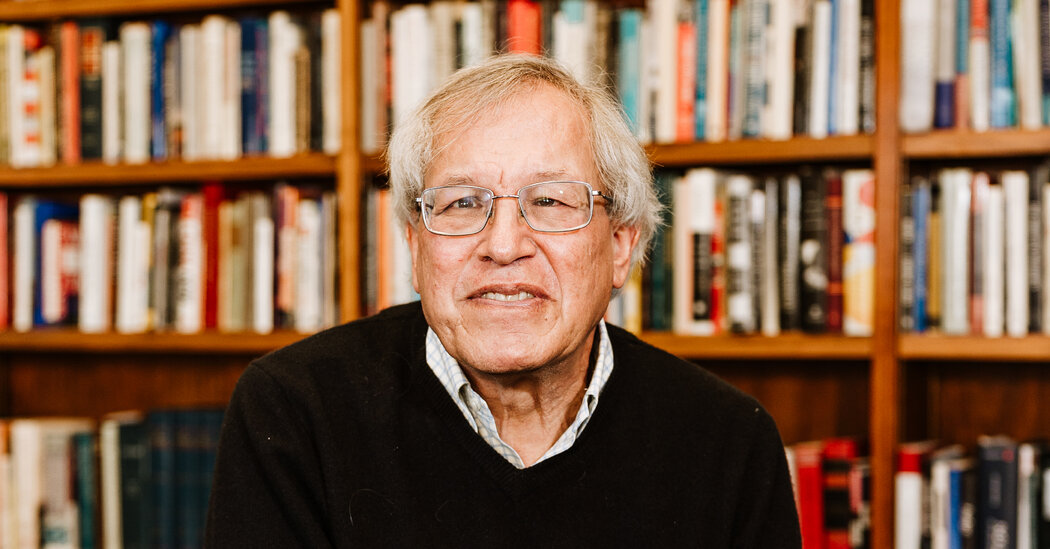Comment on “Political Disputes and the Jewish Law in the Los Angeles and West Sides,” by R. J. Chemerinsky, C. A. L. Marcus, J. P. Lubet,
The group said in a statement to the law community that it does not mean opposition to Jewish people or the Jewish religion. A group did not respond to messages asking for an interview.
Mr. Chemerinsky spoke with several Jewish students after learning of the bylaw, but there were still concerns within the law school.
He said that the bylaw changed after Kenneth L. Marcus wrote about it in The Jewish Journal.
Mr. Marcus wrote that the bylaw was “frightening and unexpected, like a bang on the door in the night,” and said that free speech does not protect discriminatory conduct.
While he was in Los Angeles, Mr. Chemerinsky came across Mr. Marcus’s article, which he said was very inflammatory and distorted. He typed out a response to the article and then didn’t pay much attention to it. That afternoon, he was deluged by emails. The law school’s perceived hostility to Jews was the talk of the evening at an alumni event.
He said that not allowing Zionism speakers was a proxy for prohibiting Jews. He acknowledged that the policy could allow the speakers of Jewish faith but still said that the provisions are aimed at the Jewish community.
Mystal of The Nation defended the students, saying that everyone has the right to speak. Mystal also criticized Duncan for insulting the students during the event. (Duncan said to one, “You are an appalling idiot.”)
David French stated that it’s appropriate to ask difficult questions during the question and answer session after a speech. But protests that go so far as to shout down or disrupt speeches or events aren’t free speech but rather mob censorship.”
Steven Lubet was a faculty member at the law school atNorthwestern University. He said that the judge, the student protesters and an on- scene administrator played to type, exhibit arrogance and irresponsibility, respectively.
Would it have been better if Judge Duncan had not lashed out at the protesters? Yes … [But] I’m not going to sit here and judge the judge for not acting more judicially in response to verbal abuse.”
Ed Whelan was criticized for not punishing the students. It would be hard to determine who deserved punishment in this case and she suggested the associate dean may have made it difficult for the school to sanction students afterwards.
George Mason University called the memo passionate and excellent but complained that only one of their law professors was conservative.
